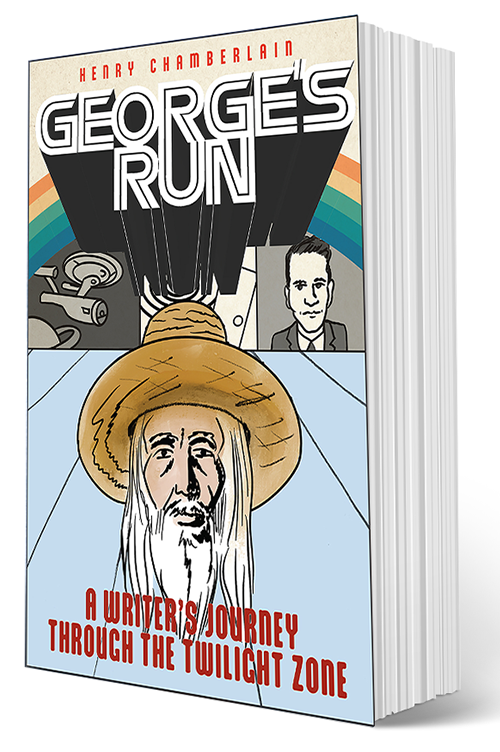
Paying The Land by Joe Sacco
Guest Review by Paul Buhle
Paying The Land by Joe Sacco. New York: Metropolitan Books, 264pp, $29.99.
A decade ago, in a smallish Swiss comics shop, I could identify only two American artists, or (memory doubtful here) perhaps three. Art Spiegelman’s Maus. Joe Sacco’s Palestine. And on a back shelf, evidently dating from years earlier, Gilbert Shelton’s Fat Freddy’s Cat. Robert Crumb had slipped from a high perch, and Shelton, an entertainer always more popular among Young Europeans, was rapidly receding into the past. During the last decade, several of the dozens of US titles translated into French would probably have found their way into this little shop, it if survives. But we can be sure that the first famed Sacco volumes would have stood alongside others of the same artist. He has the pen that seems almost mightier than the swords, planes, bombs, devastated populations and the rest of the war horrors that have made up his journalistic work.
To call Sacco “American” is a bit of a jump. Maltese by origin, we learn in the erudite Disaster Drawn: Virtual Witness, Comics and Documentary Form (2016) by Hillary L. Shute (co-editor of Mega-Maus) that Sacco grew up with family stories of bombings and death during the Second World War, missing relatives and all the rest. War has never, Shute says, not been part of his life. Did Sacco escape the endless warscape by replanting himself in the US northwest? Not hardly. As a visual journalist of war’s horrors, he has placed himself in harm’s way in the Balkans and Gaza, among other places. This time around he finds another war, but it is the war of centuries and the fighting is what the Pentagon has come to call Low Intensity: the War against Canada’a native populations.

“This is going to end the world.”
Paying the Land is a stunning work, both alike and strikingly different from his earlier journeys into suffering and survival. It is substantially an oral history, and as a trip-weary oral historian, I can appreciate the contrasting points of “orality” (memory expressed by an interviewee) and “history” (a different kind of record). Sacco is trying to do both, no easy thing, and at the same time, to present them visually. With himself as part of the book’s story.
He meets a large handful of tale-tellers who are central, but he determinedly makes the trip himself into Canada’s distant North, in a used pickup-truck, over roads that turn into non-roads, ever further to the land of the Dene, the grouping of related tribes. There, the subsistence economy thousands of years old has been replaced, but only with deep contradictions, by the oil economy.
A couple of generations ago, good jobs appeared for men able to open the land up to drilling, mainly by cutting trees. For a while now, they have demanded controls including their own observation of the drilling process, down to the toxic chemicals pumped into the ground. They can watch the despoliation of the landscape, the lakes and streams, and the inevitable decline across the scope of the animal population. But what choice do they have?

“I remember our lives being led by the environment.”
Sacco takes an invaluable step backward in time, through oral histories, to the forced assimilation ongoing since the nineteenth century but intensified after the Second World War. The many cruelties of Catholic education have only begun to be redressed in Canada: virtual seizure of children from villages into towns, violent punishment for speaking aloud in native languages, widespread sexual abuse, a violence that turned inward, leading to alcoholism, abuse of children by other children and teens, and a loss of anything like self-identity, including the loss of the older skills and their meanings.
What should the deserted family do? Often, it meant abandoning “life in the bush” to find their children, give them a kind of life, often in a grandparents’ setting, while the parents tried to scratch out a living. Here and there a good priest or nun, with education as something better than cultural extermination.
Neither the families nor Sacco is looking to some recaptured utopia. Life in the backwoods was harsh and in some ways, it was easier to live in even the most modest house equipped with heat, a modern stove, refrigerator and so on. Besides, and this is one of Sacco’s clearest discoveries, there was no going back in any case.
Toward the end of the book, some of the strongest personalities emerge and flower, and most of them are women. They create new cultural institutions to carry on traditions for the next generations, and they help to make life more possible—free of the accursed alcoholism above all—in the present.
Mineral extraction companies are ruthless and the politicians who make their work possible are just as ruthless, even with the added political rhetoric to make things sound better. Against these pressures, tribal leaders try to balance the shifting economy with ecology. Young folks, raised with no language retention, begin to rebuild cultures as much as possible, networking from sub-group to sub-group.
The book closes with a memorable festival of Dene young people and perhaps that is the most hopeful thing imaginable, Not to await some outside force to heal them or to accept that their inferiority, as a culture, means that they need assimilation for healing.
This is quite a message, delivered in stirring Sacco style, with perhaps less of a Sacco-presence or irony than is usual with him. It’s quite a book.
Paul Buhle is the rare leftwing scholar of comics. He is coeditor of the Paul Robeson comic, to be published in October, and drawn by Sharon Rudahl.

“There were no buildings like they have now.”









